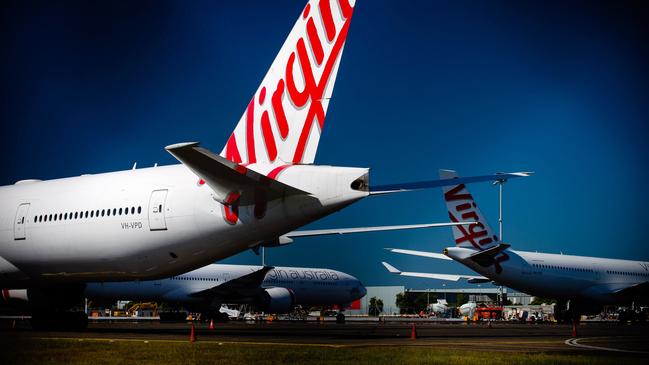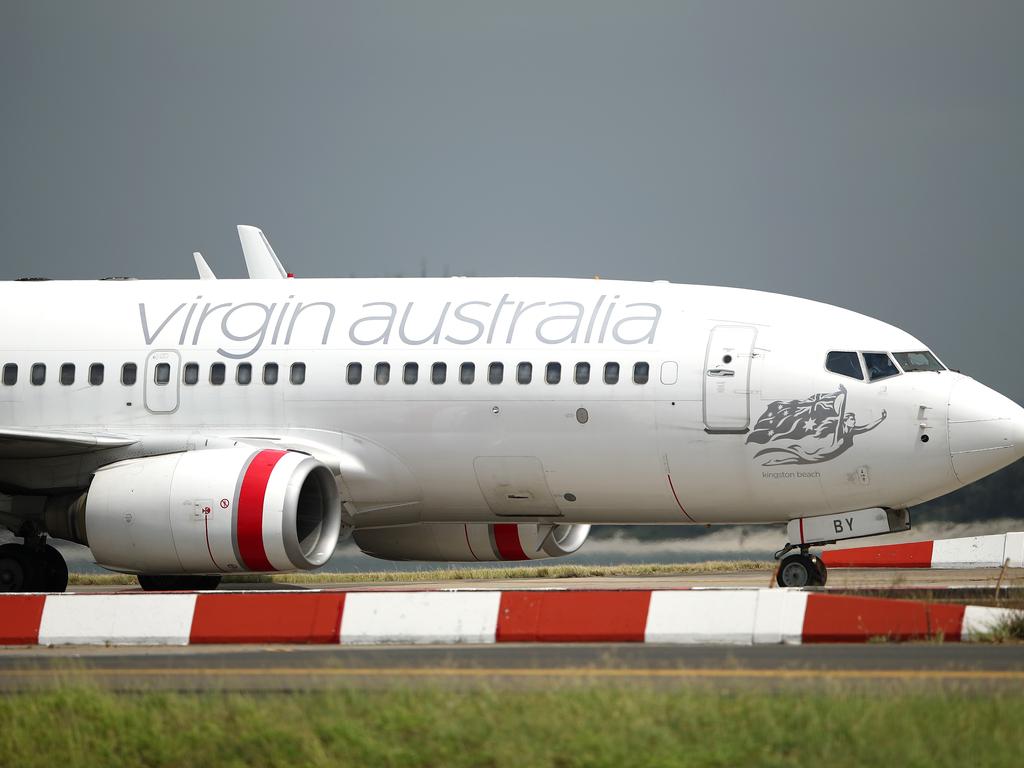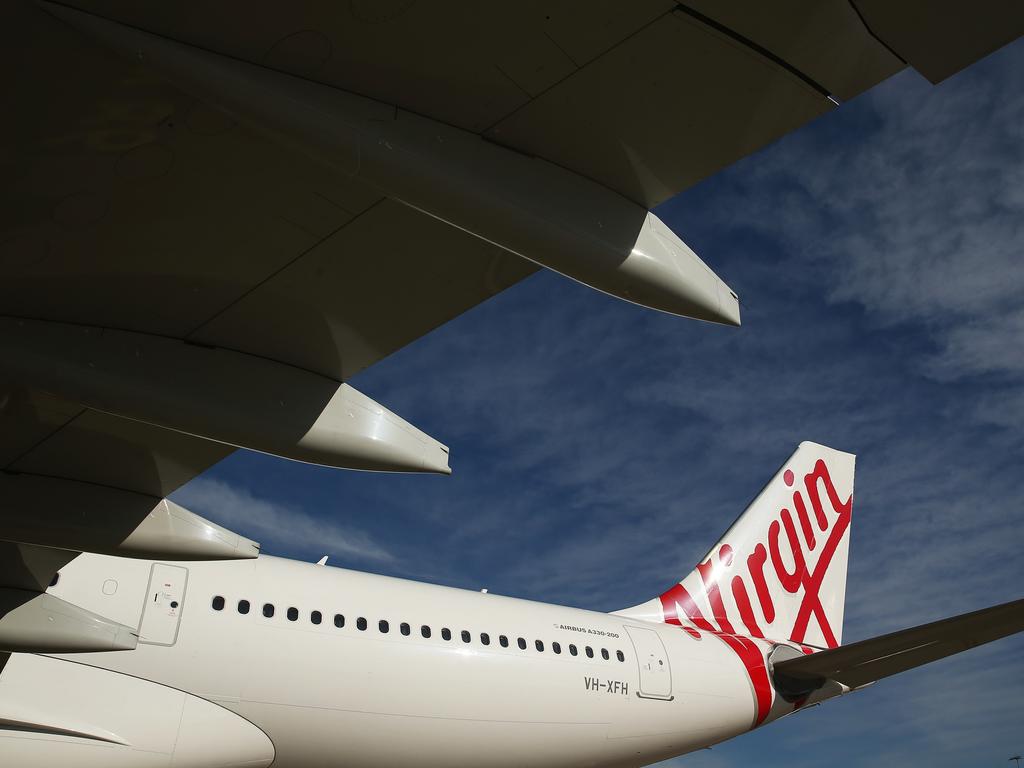Engines prove a headache for Virgin Australia
Virgin Australia’s administrators are facing a massive headache trying to sort out what aircraft parts belong to whom.

No one really thinks of aeroplane engines until they are not there.
But Virgin Australia’s administrators have a mess on their hands with a myriad of engines and aircraft leased by the airline that are no longer needed.
In total, 16 engines and 62 aircraft have been identified as surplus to needs as the airline emerges from administration as a much leaner carrier under new owner Bain Capital.
However, the process of making those items available for their owners to collect has become fraught with legal tension, with one lessor winning a court case to have its engines returned in line with the original contract.
Administrator Deloitte has appealed against the ruling, based on the cost of returning the engines to the US and the even greater challenge of getting the job done by October 15.
In his affidavit to the Federal Court, administrator Salvatore Algeri indicated that working out what aircraft part belonged to whom was proving a hugely complex challenge.
He said he had learnt that aircraft, engines and other aircraft property were “regularly interchanged for maintenance, for technical reasons and for reasons of administrative convenience”.
“This means that any one airframe could have attached to it the leased property of multiple other aircraft object lessors, and the corresponding engines and aircraft property of the airframe lessor could be attached to several other airframes,” Mr Algeri said. “That practice was adopted by (Virgin Australia) … and as such making all leased property available to the lessors of that property involves the administrators addressing enormous practical complexities and challenges.”
He said there were multiple requests for the repositioning, realignment and return of a large quantity of aircraft, requiring the consent of the relevant lessors.
In many cases, the consent of multiple lessors was required for just one aircraft.
“Virgin Australia’s resources and facilities are not set up for an immediate and large-scale aircraft property return exercise,” Mr Algeri said.
He said daily calls were being held with as many as 35 people to plan the logistics of the Virgin Australia fleet restructure.
“Any decision taken in respect of any single aircraft can have a flow-on effect on planning and resourcing and the ability to meet other deadlines and commitments to other lessors,” Mr Algeri’s affidavit states.
The full court of the Federal Court will hear the appeal against the ruling in favour of Wells Fargo on September 22.
The administrators have warned if the ruling is upheld, many more lessors will seek to have their property returned at Virgin Australia’s expense, which could further reduce the returns to unsecured creditors.
Virgin Australia went into administration on April 21 with debts of $6.8bn.
A $3.5bn sale contract was signed with US private equity firm Bain Capital just over two months later, and on September 4 creditors voted in favour of the transaction by a deed of company arrangement. Under the DOCA, creditors, including employees, are promised repayments in full, while unsecured creditors such as bondholders will get 9c-13c in the dollar.
The airline is expected to keep up to 60 of its Boeing 737 aircraft to operate a reduced domestic and regional network.






To join the conversation, please log in. Don't have an account? Register
Join the conversation, you are commenting as Logout